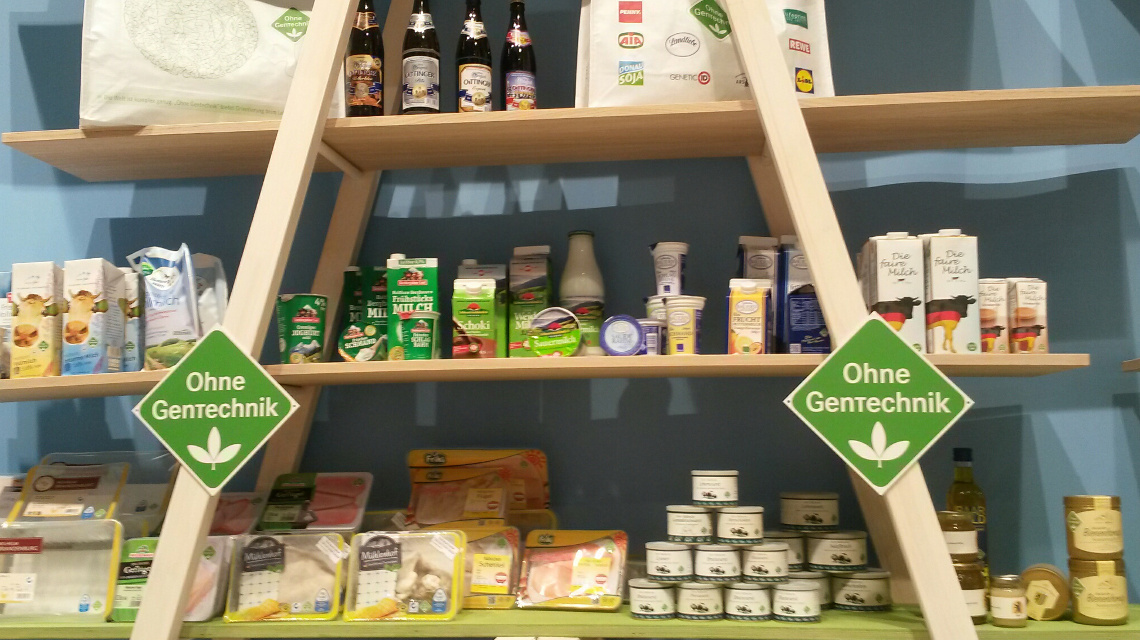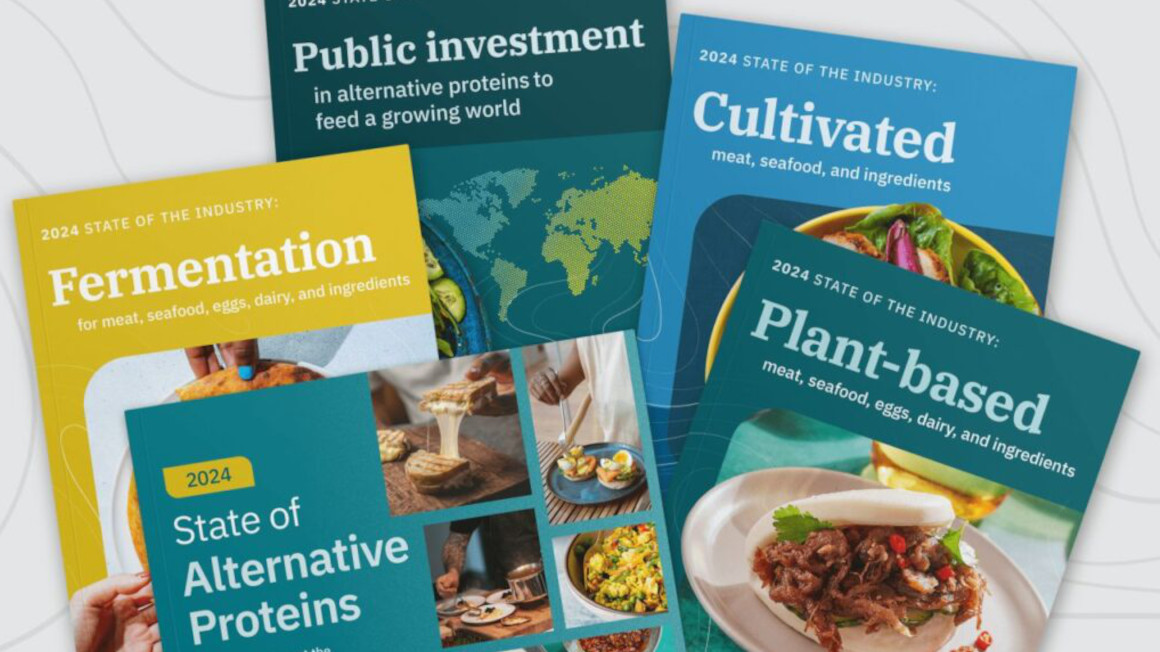The impact of bio-labels
Products with sustainability seals make consumers feel good. But ultimately it is the price that determines the purchase decision, as Göttingen-based agricultural economists show.

Many people like giving to others - and not without reason. Scientists found that unselfish giving activates happiness hormones in the brain. Researchers from the Department of Marketing for Food and Agricultural Products at the University of Göttingen have investigated the extent to which the intention to do good for others also plays a role in purchasing.
Warm Glow effect investigated
Even though sales of organic food have been rising for years, sales figures have lagged behind expectations. The Göttingen researchers therefore wanted to know to what extent factors which affect consumers’ own benefit - such as the so-called "Warm Glow of Giving", the good feeling of doing something good - also influence their purchasing decisions.
Around 450 test subjects from Germany and Great Britain took part in the study. They were offered chocolate for virtual shopping that was labelled with seals such as Bio, Fairtrade and CO2-neutral and thus clearly indicated sustainable and fair production. However, the products differed not only in terms of the labels, but also in price, the country of origin of the cocoa and the country of production in general. Consumers then had to answer questions about their purchasing intentions, values and feelings.
Price determines product choice
As the researchers report in the Journal of Cleaner Production, the price is still the most important decision criterion in both countries. Seal and country of origin are in second and third place. Although the incentive to do good is great, as the researchers have found out, the "intention" is not implemented all that often. The warm glow effect was therefore only apparent with Fairtrade chocolate. According to the researchers, this could be due to the label's strong public interest.
However, the degree of familiarity of the labels was also a decisive factor in product selection. "If consumers don't know what a label stands for, they can't feel good about it when they shop and so it can't become a deciding factor in their shopping choices," says Achim Spiller, head of the working group “Marketing for Food and Agricultural Products”.
Label flood has opposite effect
The study showed that chocolate labelled as CO2-neutral provided a good feeling for the consumer, but did not cause him to buy it. Only 20% of the participants knew about the label, whereas 90% knew about Fairtrade. "Our results show that in the marketing of ethical products, the social benefit should be communicated through a direct approach," the scientists concluded. "It is also important for marketing that labels can only have an effect on the market if they are known. Today's flood of frequently unknown labels is counterproductive".
bb/um


